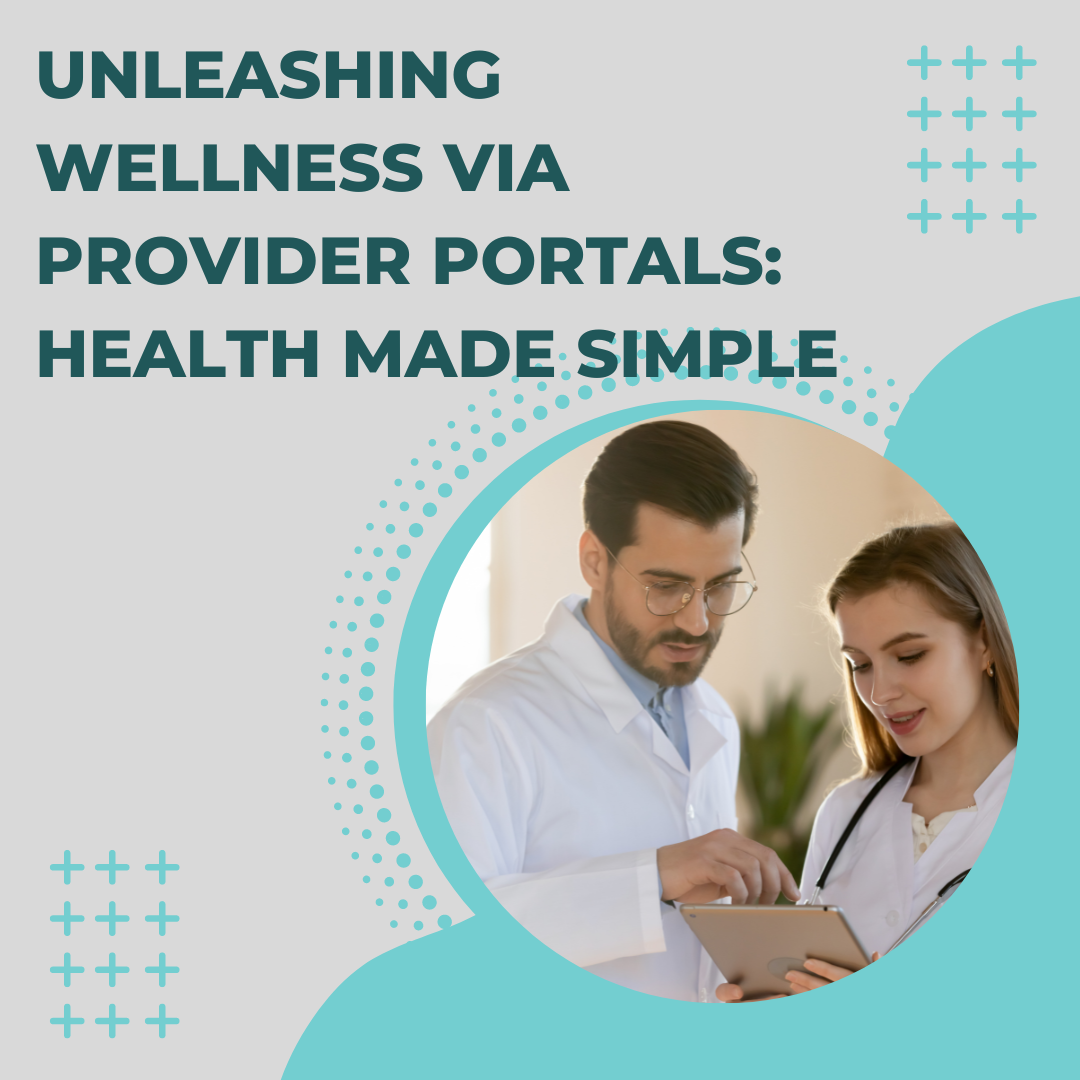Provider portals are secure web-based platforms that allow healthcare providers to access, manage, and share patient information. These portals provide a secure and convenient way for healthcare providers to communicate and collaborate with each other, improving the coordination and quality of care.
In this blog, we will explore the benefits of these and how they are transforming healthcare delivery.
Benefits of Provider Portals:
- Enhanced Communication: Provider portals facilitate communication among healthcare providers, enabling them to share information and collaborate on patient care. Thus, this leads to improved coordination and quality of care.
- Improved Efficiency: Provider portals streamline administrative tasks such as appointment scheduling, prescription refills, and test ordering, allowing healthcare providers to spend more time on patient care.
- Access to Patient Information: Provider portals provide healthcare providers with access to patient information such as medical records, test results, and medication lists. So, this enables them to make informed decisions about patient care.
- Enhanced Data Security: Provider portals are designed with robust security features that protect patient information and ensure compliance with healthcare regulations such as HIPAA.
- Improved Patient Experience: Provider portals provide patients with a seamless and integrated healthcare experience, improving patient satisfaction and loyalty.

Impact of these Portals on Healthcare Delivery:
- Improved Care Coordination: They improve care coordination by enabling healthcare providers to share information and collaborate on patient care. Thus, this leads to improved patient outcomes and reduced healthcare costs.
- Increased Efficiency: They streamline administrative tasks, reducing costs and improving workflow efficiency. This enables healthcare providers to spend more time on patient care.
- Enhanced Patient Safety: They provide healthcare providers with access to accurate and up-to-date patient information, reducing the risk of medical errors and adverse events.
- Improved Patient Satisfaction: They improve patient satisfaction by providing a seamless and integrated healthcare experience.
- Increased Revenue: They can help healthcare providers increase revenue by improving efficiency, reducing costs, and attracting and retaining patients.
In conclusion, provider portals are transforming healthcare delivery. DIBS can develop custom portals that improves communication, efficiency, and patient outcomes. Healthcare providers should invest in these to stay ahead of the curve and provide patients with the best possible care. Thus, Provider portals are an essential tool for delivering patient-centered care in the digital age.
Talk to our experts and find out more about the latest healthcare technologies and how DIBS team can help you improve communication and collaboration between healthcare providers by providing a centralized platform for sharing patient information, managing appointments, and streamlining workflows.







Leave a Comment